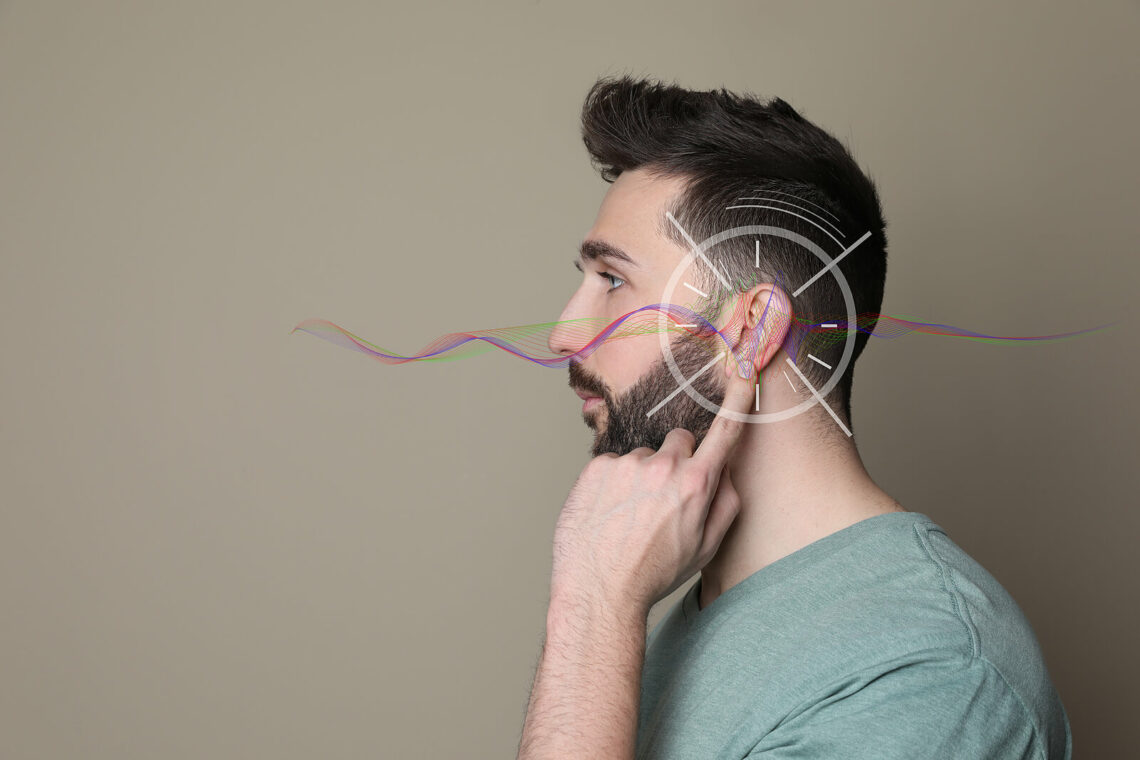Did you know that hearing loss is the third most common health condition that people live with today? Impacting over 48 million people, 1 in 5, impaired hearing is pervasive. Fortunately, there are effective safety measures you can practice to support your hearing health. Practicing the following strategies can reduce your risk of experiencing hearing loss!
- Wear hearing protection: one of the most common causes of hearing loss is loud noise. It is estimated that over 30 million people are regularly exposed to hazardous noise levels. Wearing hearing protection is an effective way to prevent noise induced hearing loss. There are different types of hearing protection including: headphones, earbuds, earplugs etc. These items provide the ears with a protective barrier which reduces the amount of loud noise that is absorbed. They are also small and portable so you can carry and access them when moving through environments that are noisy. You can also have hearing protection custom made which offers maximum amount of protection because they are tailor made to your ears.
- Monitor noise levels: measuring noise levels is a helpful way to identify loud noise. This allows you to adjust your exposure time so that you are not overexposed to excessive noise. Sound is measured in decibels and there are various apps you can download that measure the sounds in your environment in decibels, this includes: NIOSH Sound Level Meter App (iOS), NoiSee (iOS), SLPnFFT Noise Meter (iOS), Sound Meter X (iOS), Sound Meter (Android), and SoundPrint (iOS and Android). It is also useful to measure your devices so that you know how loud they get. Applying the 50%-60% rule is a helpful way to maintain lower volume settings. This rule describes keeping your device at 50%-60% of the total volume.
- Reduce exposure to loud noise: in addition to wearing hearing protection and monitoring noise levels, there are numerous ways you can reduce your exposure to loud noise. A few examples include: maintaining low volume settings on your electronic devices, taking 5-10 minute listening breaks throughout the day where you are exposed to little noise, taking alternate routes to bypass traffic or construction sites, avoiding noisy settings like restaurants during peak hours, opting for quieter places, driving with the windows rolled up etc.
- Boost nutrient intake: there are several nutrients that support healthy hearing. This includes potassium, magnesium, zinc, and folate. These nutrients help prevent ear infections, support healthy blood flow in the ears, help maintain fluid levels etc. which support soundwaves being absorbed and processed effectively. You can increase your intake of these nutrients by integrating more fruits and vegetables into your everyday diet.
- Eliminate triggers: extensive research shows that there are behavioral patterns like smoking and drinking which can increase the risk of developing hearing loss. Experts suggest that the ingredients – alcohol and nicotine – can damage blood vessels, restricting blood flow throughout the body including the ears where sound is processed. Be sure to reduce your consumption as much as possible, even eliminating these triggers which can greatly support your hearing health and wellness.
- Increase exercise: physical activity offers numerous benefits including increasing energy, reducing health risks, and processing stress effectively. Exercise also supports healthy hearing by promoting healthy circulation and supporting the body’s systems. Exercise also doesn’t have to mean strenuous activity or going to the gym which can deter people from being physically active! There are simple ways you can increase physical activity including taking a daily walk, finding an active hobby you enjoy – golfing, yoga, water aerobics etc., stretching etc.
- Test hearing regularly: another useful tip is to get your hearing tested regularly. Hearing tests involve a painless and noninvasive process that measures your hearing capacities in both ears. This identifies any hearing loss and the degree of impairment in each ear. If you don’t have hearing loss, getting a regular hearing test allows you to establish the baseline of your hearing health. This allows you to track your hearing health and identify any changes you may experience over time.
Contact us today to learn more about how you can prioritize your hearing health. There is a range of services, resources, and technologies that you can access to support your hearing health and wellness.

